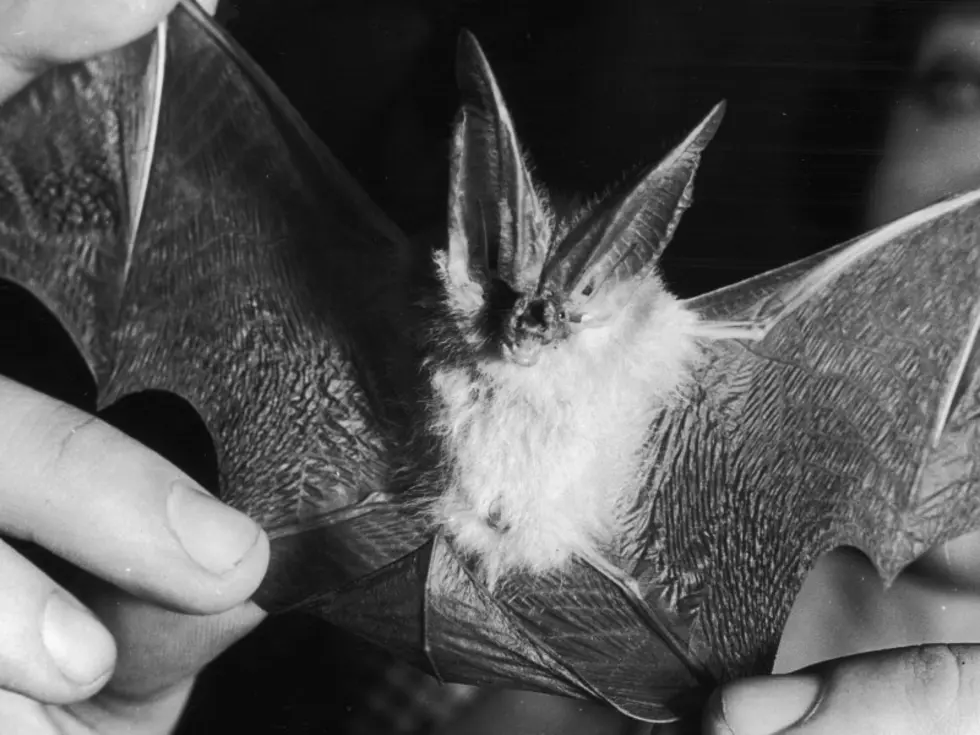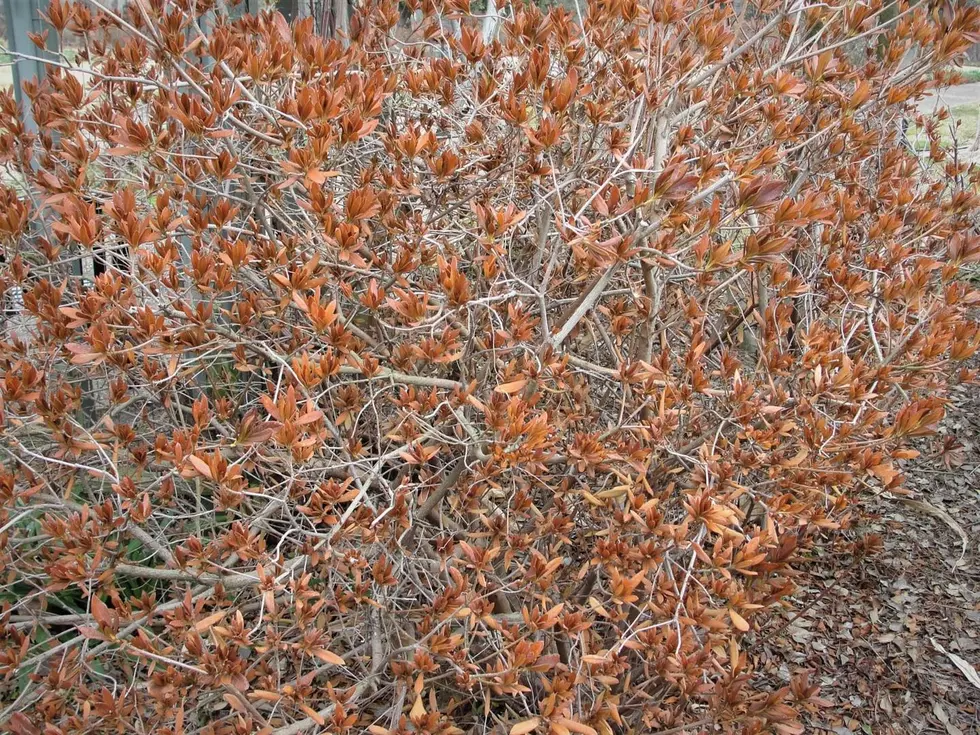
Could Last Week’s Cold Have Killed the Fairgrounds Field Bats?
It was just a week ago that we were wrapping up one of the most (meteorologically) trying weeks in ArkLaTex history: Snowmageddon! Icepocalypse! By whatever name, our five day stretch of weather hell (freezing over) was coming to an end.
So, is there anything good that came from our multi Arctic-like days? Well, a Facebook post by a Dallas friend gives us a little insight:
This past week's winter storm had a huge impact, not only on humans, but also on the animals in our great state. Here's a colony of bats that were wiped out...
Hold on! Thousands of bats, their little lives ended by the brutal cold? How exactly does that apply to Shreveport? Two words: Fairgrounds Field.
Fairgrounds Field, the 35-year-old ball park, abandoned since 2011, populated by...bats. Thousands and thousands of bats - some estimates as high as 30,000 - designated as a protected species by the federal government, a mandate that has put the kibosh on all attempts to renovate the old ballpark. A few local entrepreneurs have looked at, but been dissuaded by, the well-into-six-figure cost of rounding up and relocating the bats to a EPA approved bat haven. And that's before the cost of cleanup of tens of thousands of pounds of guano (more EPA rules) and necessary renovation.
But what if, just like Dallas, last week's brutal cold took a tragic toll on the field's bat colony? What if the tens of thousands of the creatures, deemed untouchable by the feds, were wiped out by Mother Nature?
Would the cost of purchasing and renovating the old field suddenly be more affordable? Does any City of Shreveport plan to demolish the ballpark and build anew instantly look more enticing?
SPAR Director Shelly Ragle told KEEL that a Parks and Assembly crew will be taking a look around the stadium and assessing the situation as soon as possible, adding that the idea that last week's sub-freezing temps could have killed thousands of bats had come up.
Stay tuned. Details of the city's visit to the long-abandoned field coming soon.
The Most Interesting Insects Found in Louisiana
More From News Radio 710 KEEL


![How to Avoid Post-Winter Storm Scammers [VIDEO]](http://townsquare.media/site/180/files/2021/03/home-repair-1.jpg?w=980&q=75)


![LeVette Fuller: Without Preparation ‘We’re All Going to Hell’ [VIDEO]](http://townsquare.media/site/180/files/2021/02/water-3.jpg?w=980&q=75)



